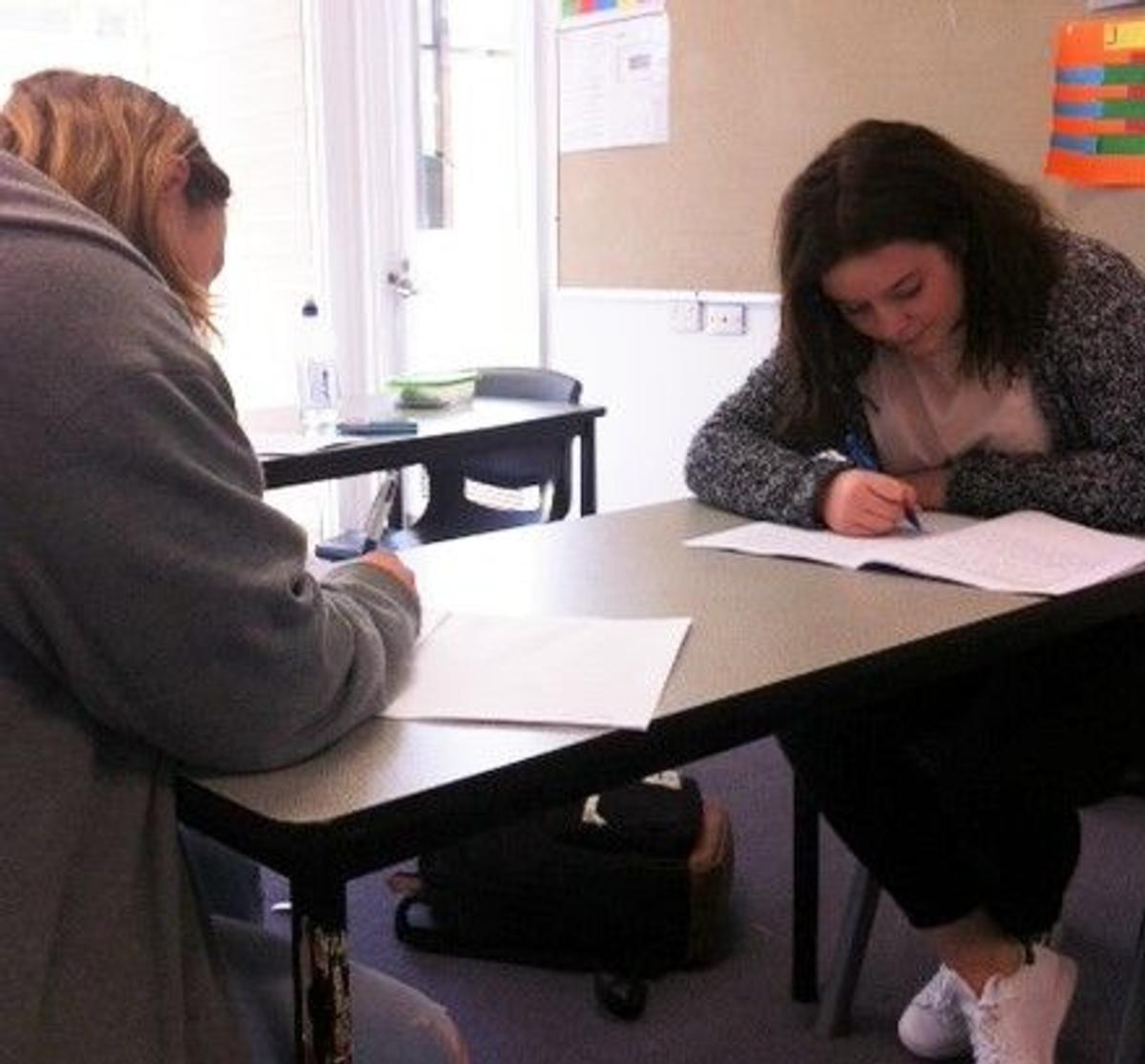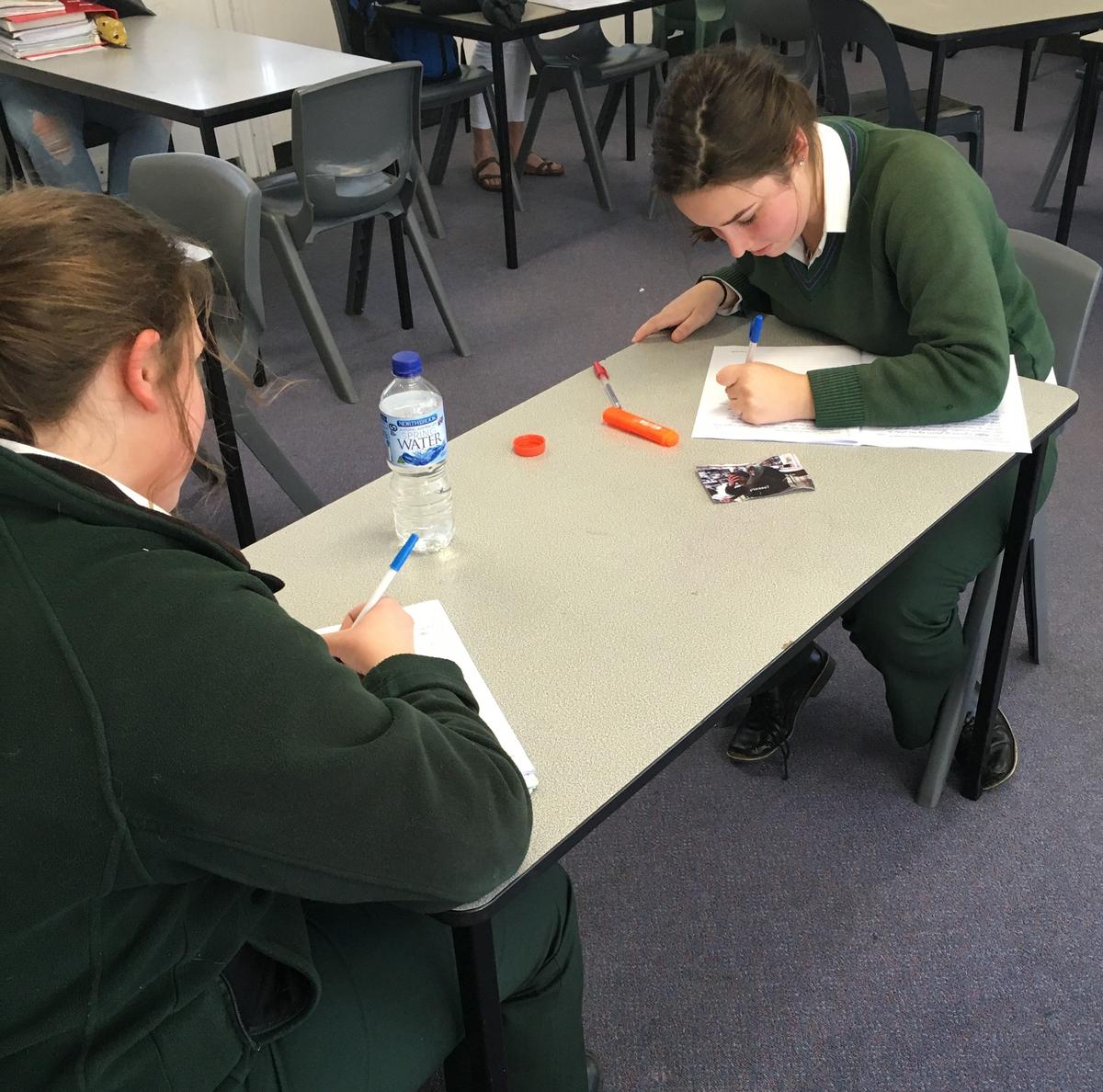Humanities

Helping your child prepare for VCE exams – our top 3 tips
Is your child completing or fast-tracking a year 12 subject? If so, you could encourage them to:
- Complete and submit practice exams
Your child should aim to complete as many practice exams as possible, both in timed and untimed conditions. They should submit these exams to their teachers, and ensure they act on teacher feedback. Your child should also check their work against the suggested answers (which they will have already or can view at www.vcaa.vic.edu.au/Pages/vce/exams/examsassessreports.aspx).
The record for most practice exams completed in Humanities last year was probably 42 in Accounting!
- Use ACTIVE revision strategies
Simply reading through notes is not effective ― study needs to be active! It can involve anything from walking around the house explaining concepts out loud, to creating mind maps, preparing tables of examples and being quizzed on definitions or concepts by friends and family members.
Depending on the subject, one of the most effective revision strategies can be preparing extended responses or essays.
- Use resilience strategies
You can help your child by ensuring they have a quiet place to study, free from distractions. If your child listens to music, it should not have lyrics – the human brain can only process 1.6 conversations at once, so trying to read and listen to words is not a good combination.
Research suggests that going to bed and waking up at the same time every day (including on weekends) is very important. It is also beneficial to have 2 hours of technology-free time before going to bed, as the blue light in screens suppresses melatonin.
It usually takes around 3 weeks to alter sleeping habits, so encouraging your child to start this now will be useful for when exams begin on 26 October.
Darcy Pierce, Caitlyn Grant, Megan Rowe and Rhiannon Florence diligently complete practice questions in the photos below.


